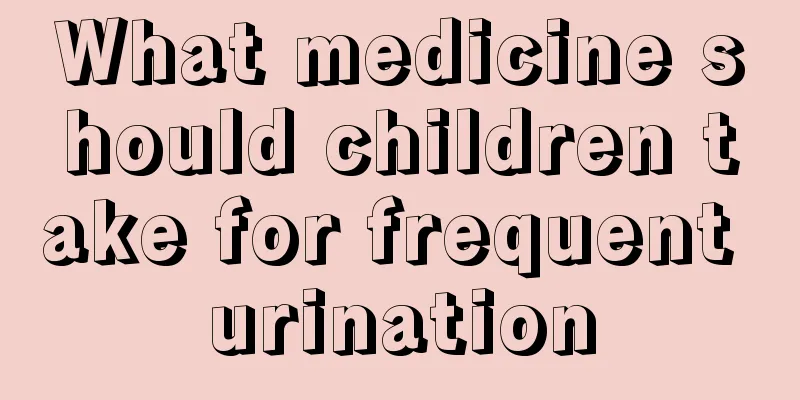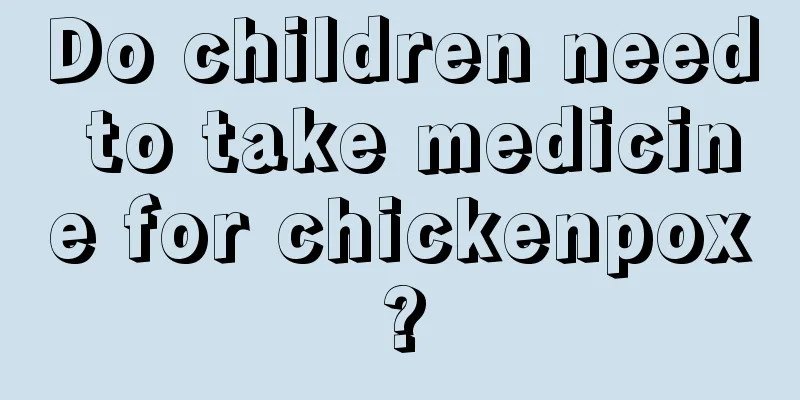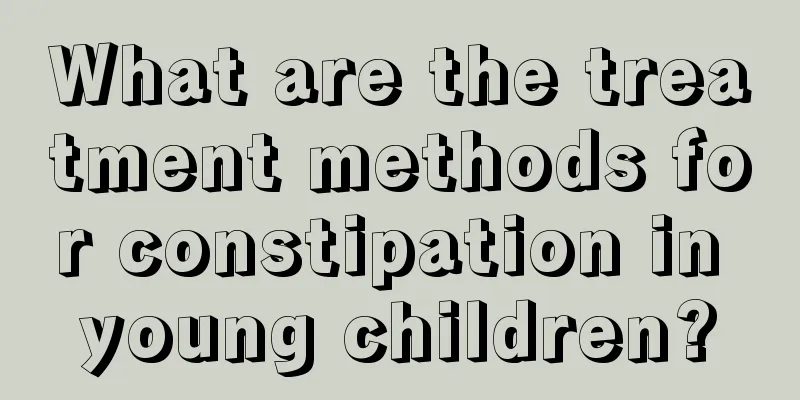What are the symptoms of gastroenteritis in children?

|
We all know that children's stomachs are very sensitive. If we do not eat properly in our daily lives, it will easily lead to gastroenteritis in the long run. Gastroenteritis is very harmful to children's bodies, causing them to be unable to absorb the nutritional value of food normally, and it is particularly detrimental to the health of the body. So if we want to better prevent and promptly treat pediatric gastroenteritis, we need to understand its symptoms. Let's take a look at the symptoms of pediatric gastroenteritis below. What are the symptoms of gastroenteritis in children? If acute gastroenteritis causes mild diarrhea, the patient is generally in good condition, with less than 10 bowel movements a day, which are yellow or yellow-green in color, with a small amount of mucus or white soap blocks, and not much feces. Sometimes the stool is "egg drop soup-like". Acute gastroenteritis can also cause severe diarrhea, with bowel movements several to dozens of times a day. Large amounts of watery stools, small amounts of mucus, nausea and vomiting, loss of appetite, and sometimes vomiting of coffee-like substances. If hypokalemia occurs, there may be abdominal distension and symptoms of systemic poisoning; such as irregular low or high fever, irritability and subsequent lack of energy, confusion, and even coma. treat The treatment of gastroenteritis in children is mainly etiological treatment and symptomatic treatment, that is, what causes acute gastroenteritis and how to find out and eliminate the root cause in time. Whatever symptoms the child shows, try to eliminate these symptoms that are harmful to the body. If it is caused by indigestion, you can adjust your diet and take lactase, yeast tablets, etc.; if it is caused by other diseases in the body, you can choose antibiotics and use them under the guidance of a doctor; if it is caused by other diseases in the body, actively treat the disease; if it is caused by unreasonable use of antibiotics, you need to consult a doctor to rationalize the use of antibiotics. If a child loses too much water due to vomiting or diarrhea, he or she should be replenished with water and electrolytes in time. If the fever is high, use physical or drug cooling methods to reduce the temperature. If there is potassium deficiency, potassium should be supplemented, and if there is calcium deficiency, calcium should be supplemented. If there is metabolic acidosis or shock, the child should be sent to the hospital for emergency treatment in time. We all know that taking care of children is a very difficult task. Many children cannot express some physical problems better when they are young, which requires parents to observe carefully. The above is an introduction to the symptoms of pediatric gastroenteritis. After understanding, we know that pediatric gastroenteritis will not only cause stomach pain in children, but also diarrhea. Therefore, parents must pay special attention to observation in daily life. In addition, they must pay attention to not let children overeat frequently, and pay attention to the hygiene of their children's diet. |
<<: What causes blisters on children's legs?
>>: What are the symptoms of cerebral palsy in a four-month-old baby?
Recommend
Daughter with ADHD
My daughter's ADHD is caused by inattention, ...
5 reasons why newborns cry at night
For some parents, any condition of the newborn is...
What causes hair loss in boys?
If a boy has hair loss, the top of the head will ...
Why is the newborn's poop green?
The poop of newborns needs to be observed to ensu...
What is normal vision for children?
Children's eyes are very fragile and need spe...
What are the symptoms of fetal toxicity in babies?
Newborn babies have fetal toxins, which are actua...
How to prevent asthma in children?
In late autumn, the temperature will change at an...
Causes and treatments of bad breath in babies
The baby's bad breath may be caused by indige...
Treatment for severe coughing in babies while sleeping
Nowadays, the incidence of babies coughing badly ...
Treatment of pancreatitis in children
Nowadays, the incidence of diseases among many ch...
What are the techniques for children to learn skating?
As a very leisure sport, many children start lear...
Will babies get angry if they drink rice noodles?
Nowadays, people are very familiar with scientifi...
What to do if your baby catches a cold in summer
It is very distressing for babies to catch colds ...
Can children take Qingre Sanjie tablets?
When there is inflammation or severe heat in the ...
Why is there milk curd in the stool of a five-month-old baby?
The baby's physical health is an issue that a...









